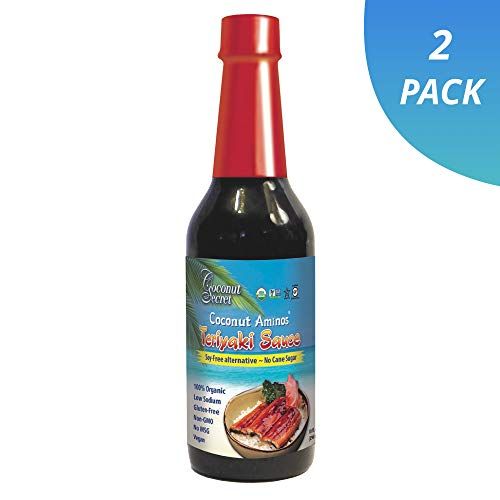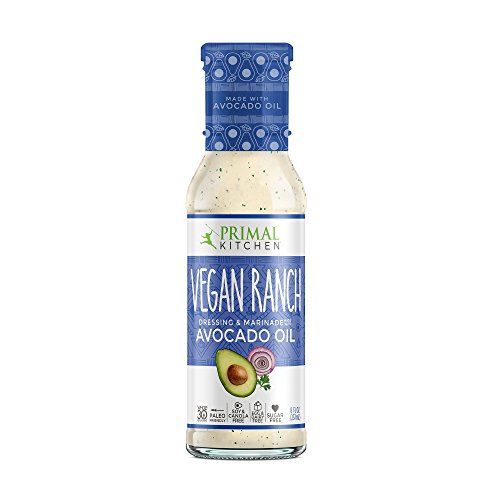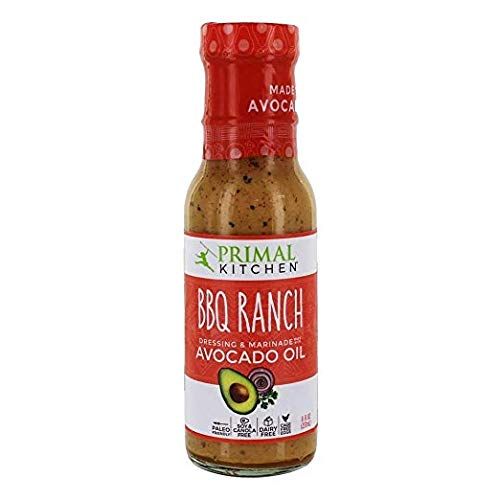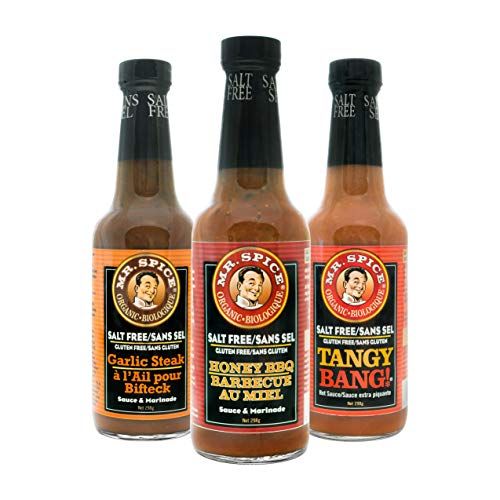Home » Diet & Food »
You Might Not Want To Switch To A Vegan Diet Overnight
Going vegan is kind of like building your own IKEA furniture. It seems like a great idea in theory (nutrients! lower cholesterol! helping the environment!). But when it comes down to putting the pieces together…umm, it’s not exactly easy. (Read: Send help!)
“A vegan diet can be hard to start, mostly because you don’t know what to eat,” says plant-based RD, Emily Wood. Some newbie vegans aren’t choosing the healthiest options, which may cause fatigue and irritability. Plus, ditching some of your favorite foods (hey there, cheese) could leave you feeling deprived, and not so keen to persist.
But rest assured, it’s totally possible to stick to a vegan diet. Let these experts offer up some clear-cut directions for how to go vegan with ease.
1. Set a go-to vegan grocery list.
When you’re on a grocery run, “it can be overwhelming to determine which foods are and aren’t vegan,” says Stacey K. Leung, a New York-based RD. But don’t stress: Go for fruits, vegetables, and whole grains. And protein isn’t an issue either: “Plenty of plant-foods contain protein, like all types of beans, lentils, nuts, seeds, nut butters, seitan, tofu, and even vegetables.” Make a list with some go-to staples you enjoy eating, to help make the process less overwhelming.
2. Don’t quit meat cold turkey.
“I’m all for people transitioning at the speed in which they feel comfortable,” says Wood. Here’s a couple ways to approach it:
- Cut out one thing at a time. Start by eliminating red meat. Then two weeks later, poultry and fish. Then dairy products, and so forth.
- Become a part-time vegan. Aim to ditch animal products three days a week, and allow yourself to stick to your current diet the other days. After a couple of weeks, try slowly scale back on your meat-eating days.
- Give yourself permission to slip-up. Don’t beat yourself up if you have, say, a piece of cheese at a party. Just do the best you can as you acclimate to the diet.
The main thing to remember is it’s a marathon, not a sprint, so don’t stress about becoming a vegan overnight.
3. Incorporate plant-based substitutes of your favorite foods.
If you want to create a sustainable vegan diet, it’s important you don’t feel deprived. So if you’re a big fan of yogurt for breakfast, try coconut as a non-dairy yogurt option. Can’t imagine life without cheesy goodness? Go for a vegan cheese. And if you’re a meat-lover at heart, there are a number of vegan meat alternatives that will help hit the spot. (Try some of these nutritionist-approved meat substitutes.)
Whatever you choose, Wood notes, “It’s just imperative to try to get the options with the fewest processed ingredients, if possible.”
4. Invest in some quality marinades.
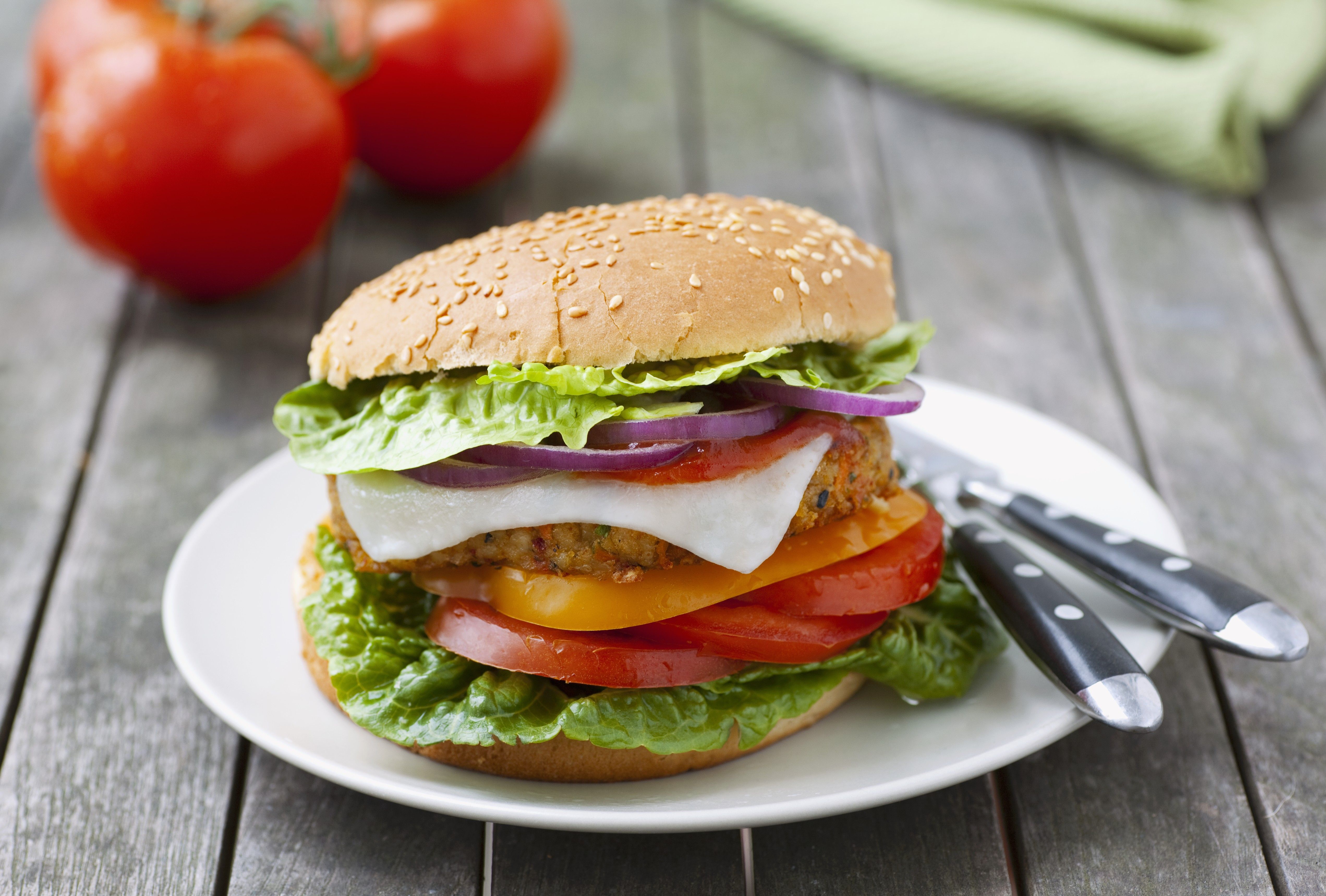
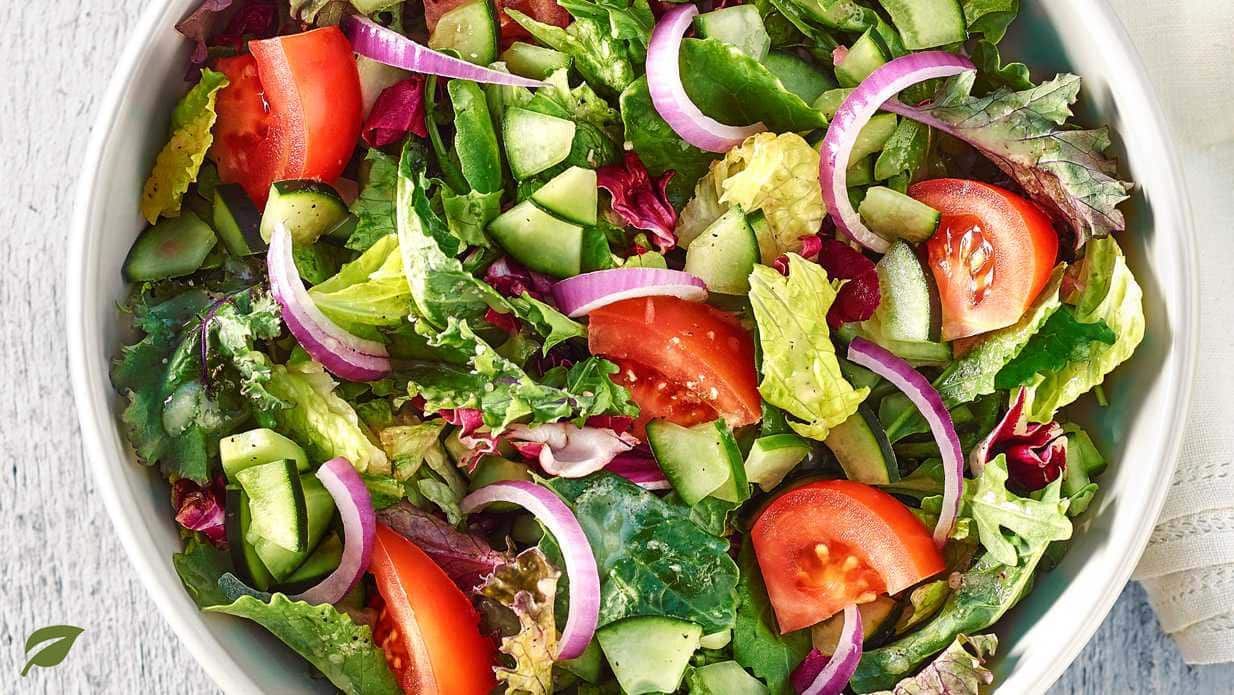
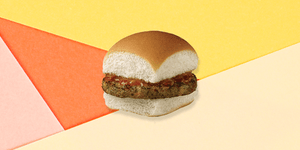
Meat substitutes like tofu and tempeh are quite tasteless on their own, but absorb flavor extremely well, according to Leung. “Tofu, tempeh, and beans can be easily flavored and tailored to your taste and the recipe you’re making,” she says, whether that’s an ethnic-inspired dish or an easy stir fry. You can even season them just like you would a steak or piece of chicken—for the same savory effect. That’s why investing in a few types of marinades is key. You can pretty much pick whatever you want according to your tastes, but try to vary them up: think a teriyaki sauce one day, versus some spicy harissa the next.
Here’s a few vegan-friendly options to try:
5. Avoid vegan junk foods whenever possible.
If adopting a vegan diet is leaving you low on energy, consider the types of foods you’re eating: You want to make sure you’re eating as many whole foods as possible, such as legumes, whole grains, nuts and seeds, and healthy fats.
“Junk food vegans are totally a thing,” says Wood, referring to those who eat vegan, yet unhealthy foods (looking at you, french fries) fairly regularly. “I notice people usually have more energy after adopting a vegan diet, but that’s only if they’re fueling themselves properly.” This is because your body requires less energy to digest plant foods versus animal protein, so you might notice you have a natural energy surge after ditching meat.
6. Keep a Pinterest board of your favorite recipes.
“A big issue people have is coming up with inventive meals to eat,” explains Wood. To combat this issue, invest in a vegan cookbook, bookmark some go-to vegan dinner recipes on your computer, or even save them on your Instagram or Pinterest pages. This way, you’ll always have some recipes on hand when you’re pressed for time or simply don’t know what to cook, thus making you less likely to reach for the nearest takeout menu and order something that doesn’t fit your newfound eating style.
Try some of these for inspo:
7. Incorporate some new ingredients.
Another way to keep your new vegan diet enticing is to add vegan-friendly ingredients into your diet that you may not have tried before—think nutritional yeast, kombu, and various nut butters, says Wood. In short: Consider a vegan diet an opportunity to experiment a bit.
8. Seek out B12.
While a vegan diet consists of almost all the essential vitamins and minerals required to be healthy, there’s one it lacks: Vitamin B12, which is found mainly in animal products like eggs and meat. Low vitamin B12 levels can cause a variety of uncomfortable symptoms, such as severe joint pain and depression. Plus, it assists in building red blood cells, says Leung. “However, B12 is found in nutritional yeast, cereals, and non-dairy milks fortified with B12,” so it’s not impossible to get enough in a vegan diet. Otherwise, you can opt for a supplement.
Want to know what a vegan celeb keeps in her house? Check out Alicia Silverstone’s fridge:
9. Don’t stress about gaining weight at first.
While the vegan diet is often associated with weight loss, some people may experience the opposite, which can be a bit of a deterrent. Often, it just takes some time for your body to acclimate to a new diet, and your weight may regulate in time, says Wood.
However, if a few months go by and you still feel like you’re gaining weight on a vegan diet, focus on eating healthy portion sizes. “Often times, people feel lighter on a vegan diet, and they confuse that with feeling hungrier,” says Wood. Also, be sure to choose the right foods (remember that whole “junk food vegan” concept?). Stick to eating fresh, unprocessed foods with plenty of fiber, to keep you feeling full and satisfied.
10. Don’t be afraid to ask for extra help.
If you truly feel overwhelmed by all the changes it takes to incorporate a vegan diet, consider asking a nutritionist for assistance. There are tons of plant-based RDs out there who can help troubleshoot any specific issues you’re having, whether that’s figuring out how much food you need to continue your workout schedule, or how to navigate restaurant menus.
You don’t necessarily have to stick with this person for the long term, either: You can start seeing a specialist while you initially transition to plant-based eating, and then stop once you’ve got you’ve mastered the eating style.
Now, who’s ready to become a badass vegan?
Source: Read Full Article
